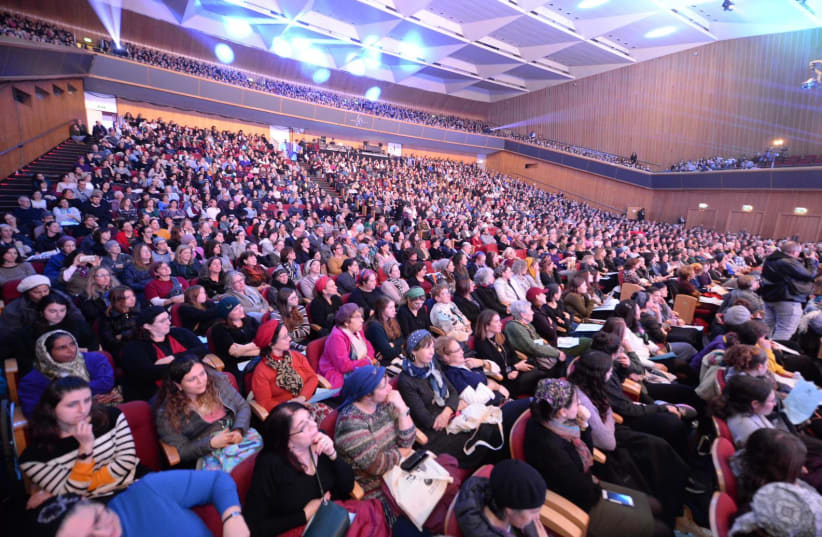An new initiative launched by the 8200 Alumni Association and the Woman2Woman (W2W) program in collaboration with National Insurance has sought to help women impacted by the coronavirus. Many of these women have lost their jobs as the coronavirus forced the closure of the hi-tech businesses they were employed in due to government restrictions.
The program, called "return," received some 400 applications from women for only 31 places, overwhelming the application process. The goal of the program is to help integrate women into significant positions in hi-tech and the economy."When we opened the registration, we were amazed that we received 400 applications from women, which indicates the large number of many women who haven't had employment for a year or more," said the Hershkovitz Foundation, a founder of W2W, said in a statement.
The focus of the program is to help the women find opportunities by preparing CV's, their LinkedIn pages, entering their information on databases, and identifying personal and professional barriers. Meetings were also held with recruiters in hi-tech companies to help in networking, and included representatives from Microsoft, Salesforce, Dell, General Motors, BCG, Gornitzky Law Office, Discount Bank and others.
"The need to hold the meetings virtually played in our favor because we were able to integrate a large number of women from the far periphery, including Eilat and the north, who would have difficulty evacuating to distant travels," said the Hershkovitz Foundation.
Michal Krimolovsky, Director of the program, noted the diverse backgrounds of many of the women, saying "Program participants came from diverse backgrounds. Some left for the IDF and then were not allowed to return to work and did not find another job, some resigned a long time ago without anticipating the severe economic crisis, others unexpectedly returned to Israel."
"Many of these women found themselves out of employment and some had to go down to minimum wage positions or below, which does not allow them to have a reasonable economic existence. Fortunately, during the program most of the participants have already settled into new jobs."
